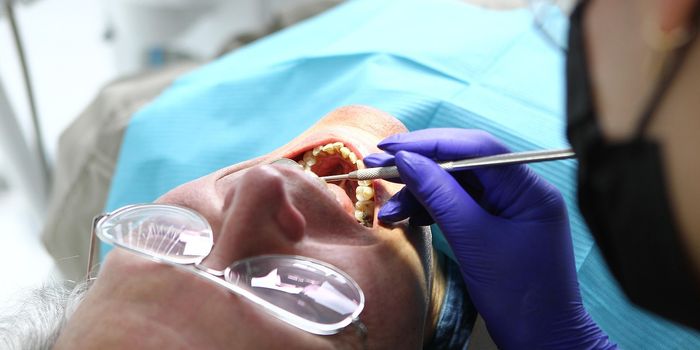Study Examines CBD Use and Liver Safety
A study published in JAMA Internal Medicine examined the effects of cannabidiol (CBD) use on liver safety and endocrine hormone levels. The researchers explored daily CBD use in healthy adults at doses representative of average consumer use to determine potential effects.
The participants included 201 healthy adults recruited from a clinical pharmacology unit. Their median age was 36 years, and 44% were women. The researchers observed the effects over a four-week period, during which study participants followed a regimen of twice-daily CBD use. Dose amounts reflected the range commonly taken by many consumers when using CBD products. The study randomized participants to 2.5 mg/kg/d twice daily CBD doses or placebo treatment for 28 days. The research team conducted weekly laboratory assessments. The research team set the primary end point percentage of participants with an alanine aminotransferase or aspartate aminotransferase level elevation greater than three times the upper limit of normal.
Out of the 201 participants, 8 participants in the CBD group and 0 participants in the placebo group had liver enzyme level elevation greater than 3 times the upper limit of normal. Seven participants met withdrawal criteria for potential drug-induced liver injury. The research team detected at day 21 in 2 participants and day 28 in 5 participants who fell into this category. The participants did not experience clinical symptoms related to liver function during the 28-day study. Hepatic enzymes returned to normal within 1 to 2 weeks following discontinuation of CBD use.
The researchers did not observe any differences in change from baseline between the CBD and placebo groups for total testosterone and inhibin B in male participants. They also did not note any change in thyrotropin, total triiodothyronine, and free thyroxine in all participants.
The study’s findings highlight the need for further investigation of CBD’s effects on liver enzymes. Understanding the impact of CBD on various populations is also critical for promoting more effective use of CBD and varying dose amounts.
Sources: Eureka News Alert, JAMA Internal Medicine








